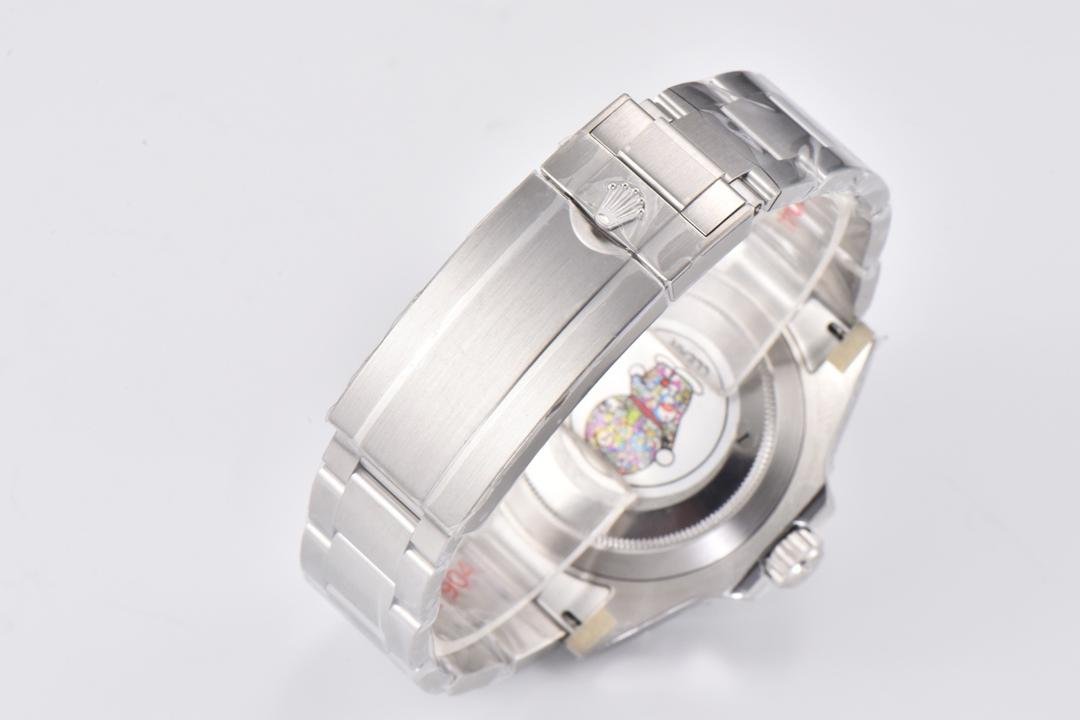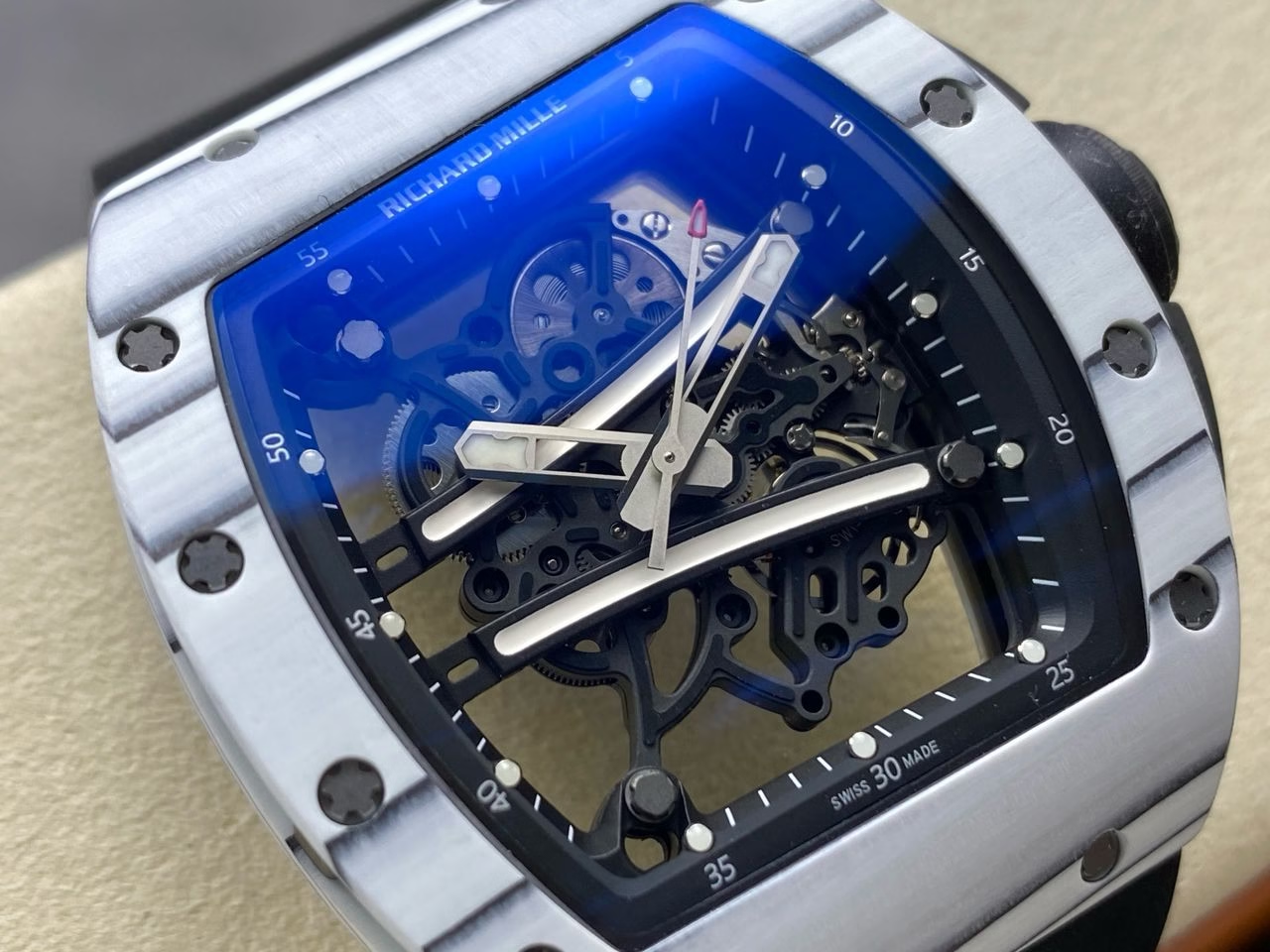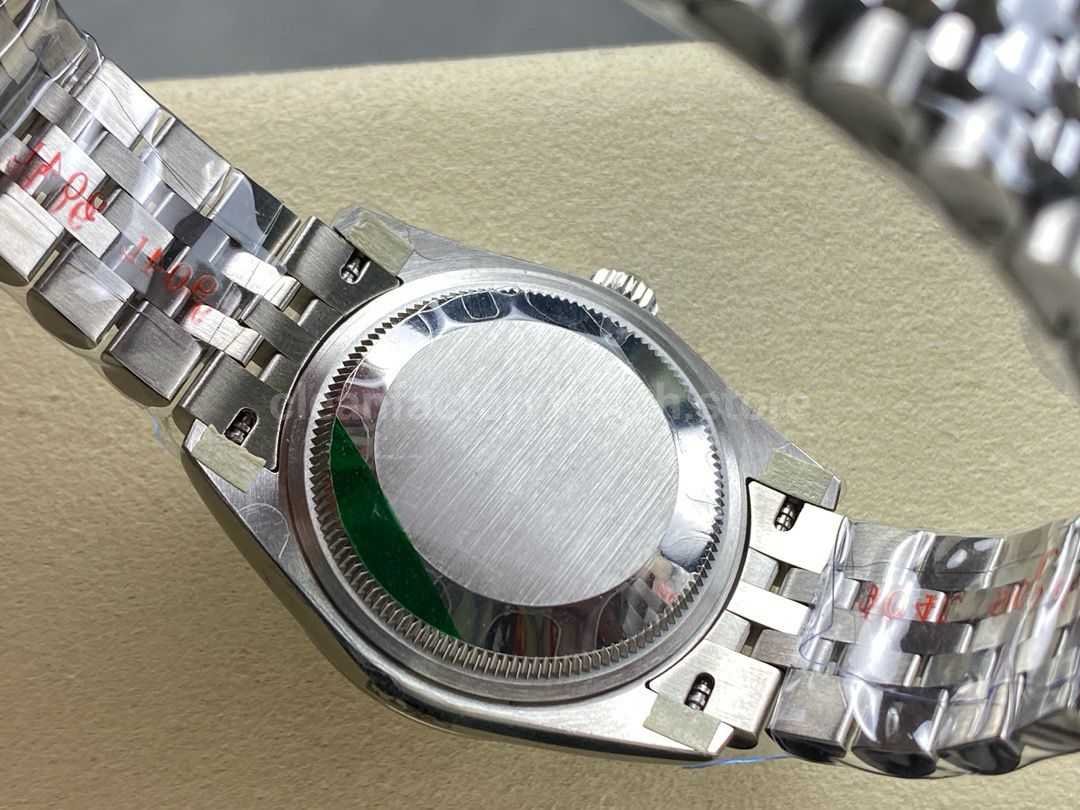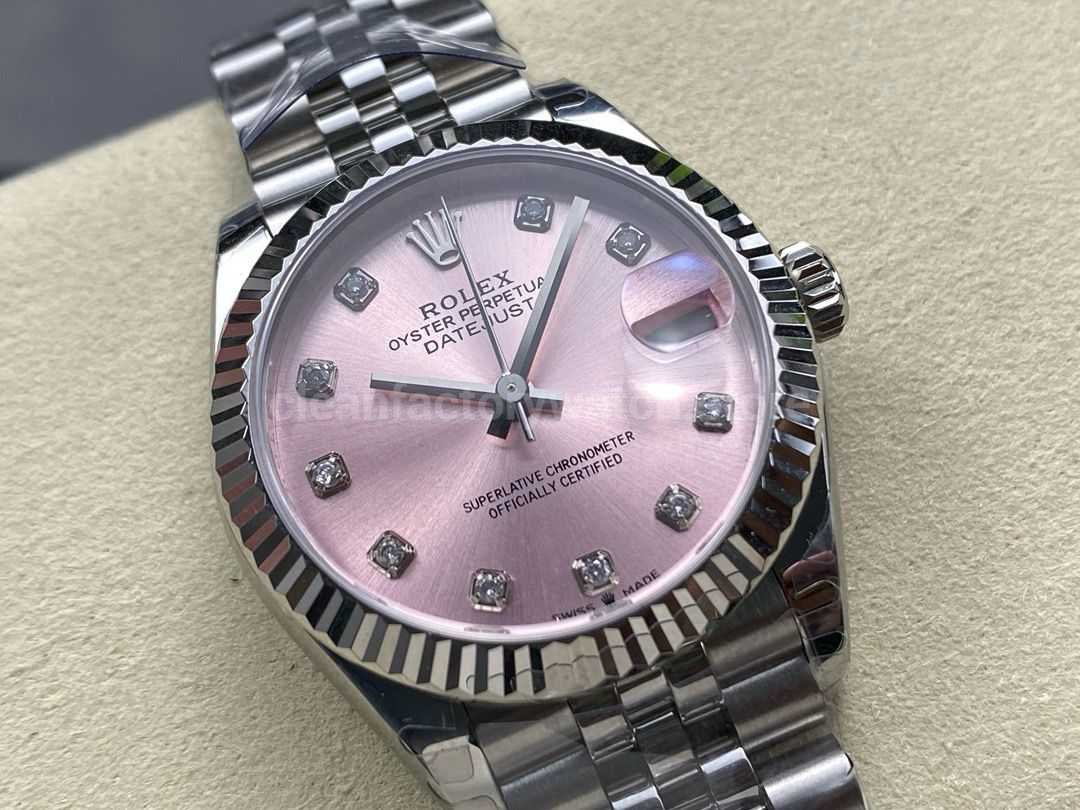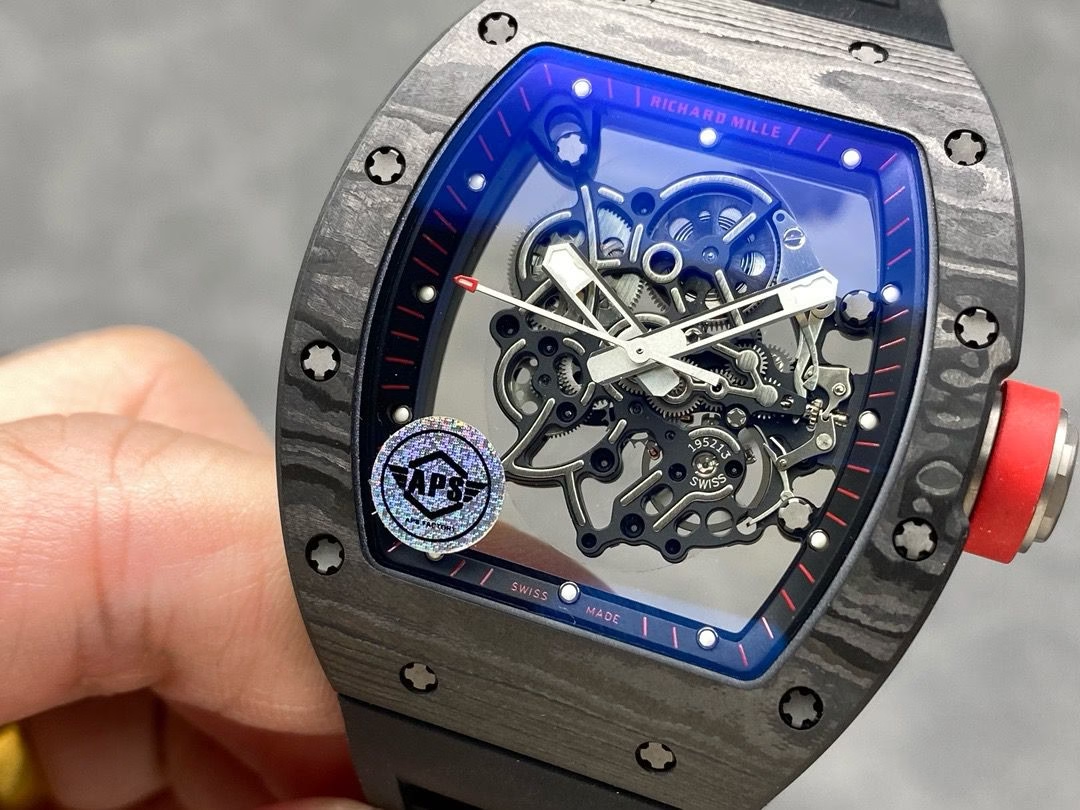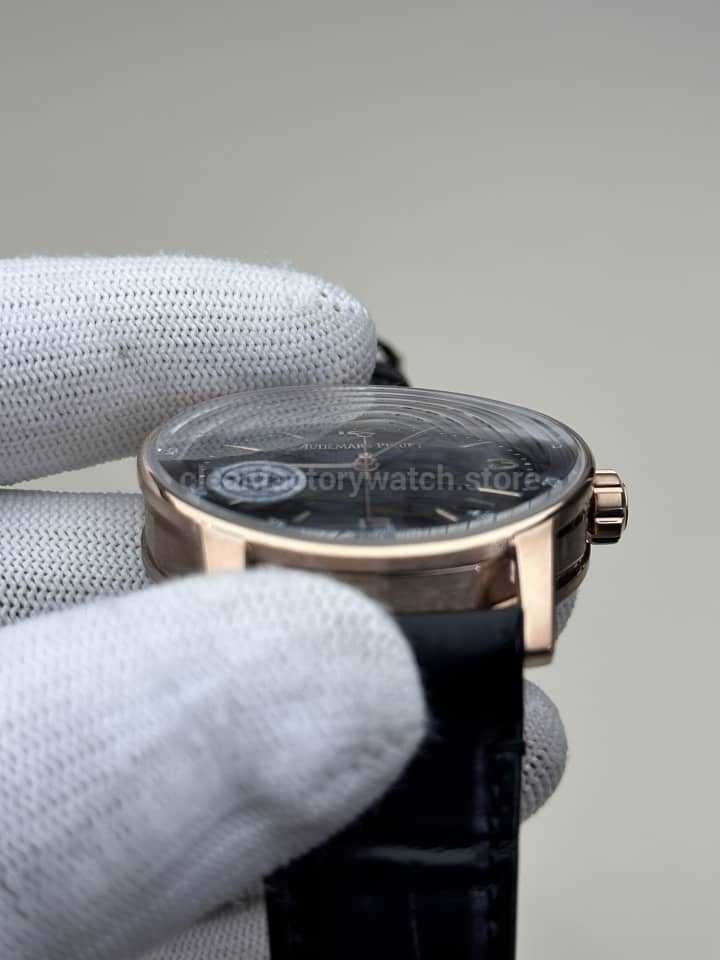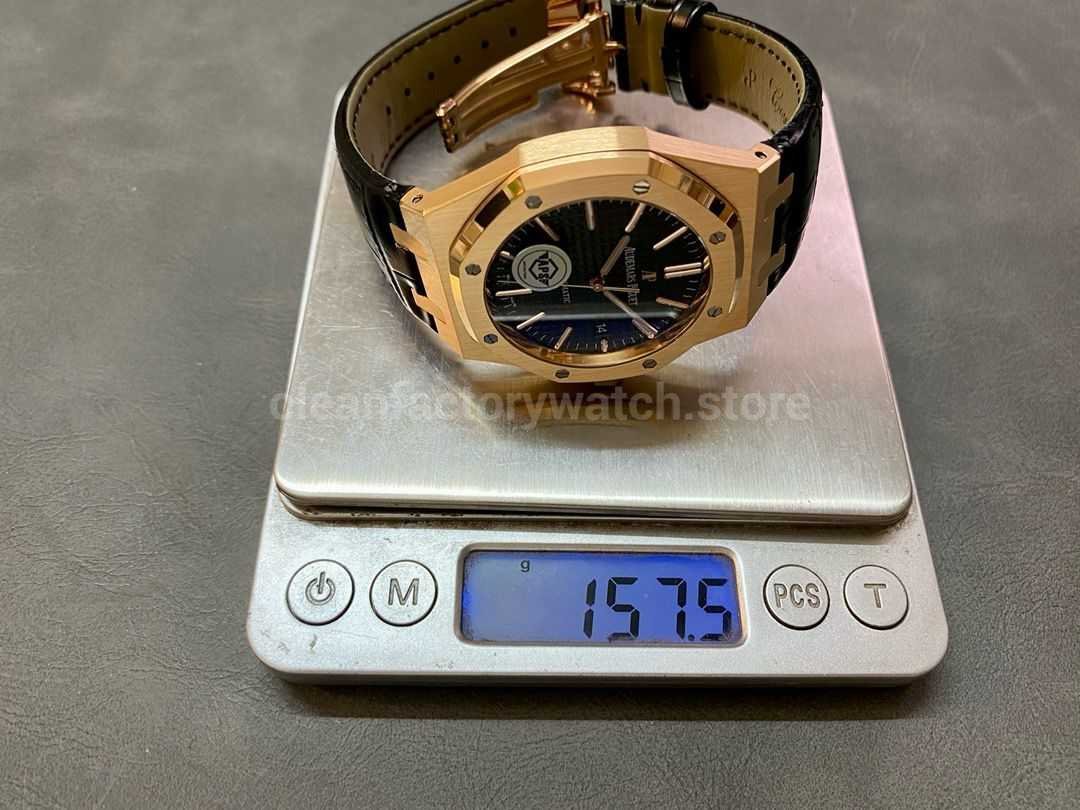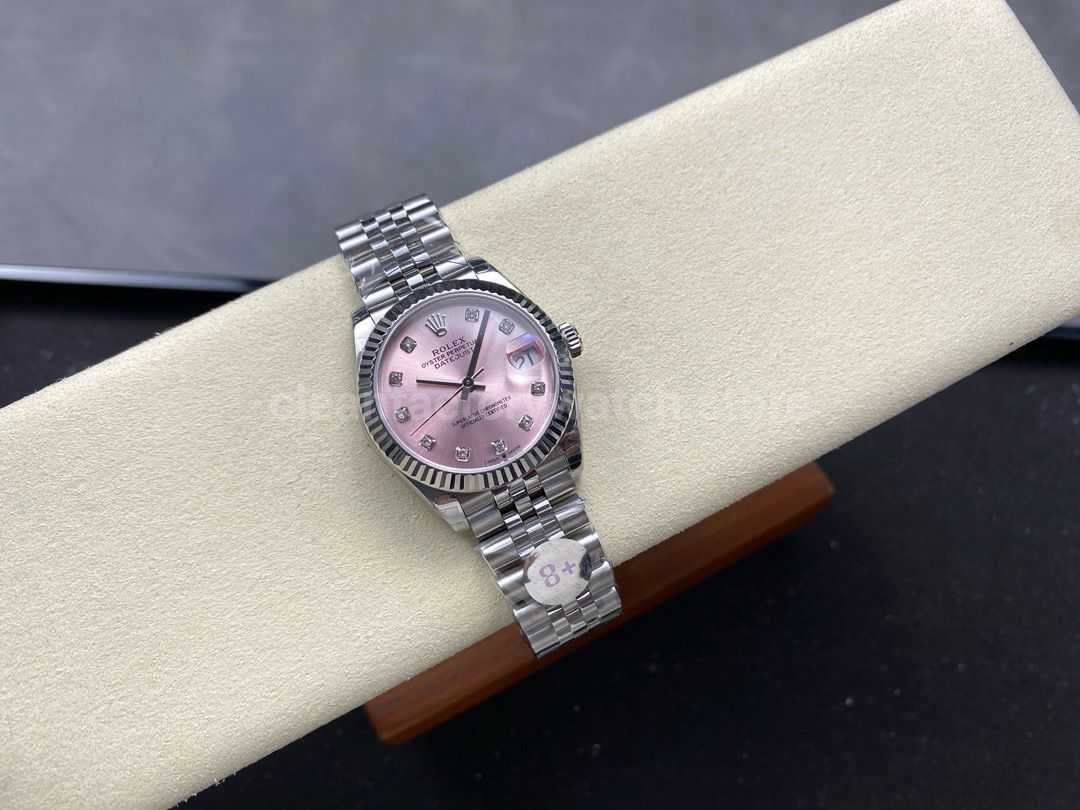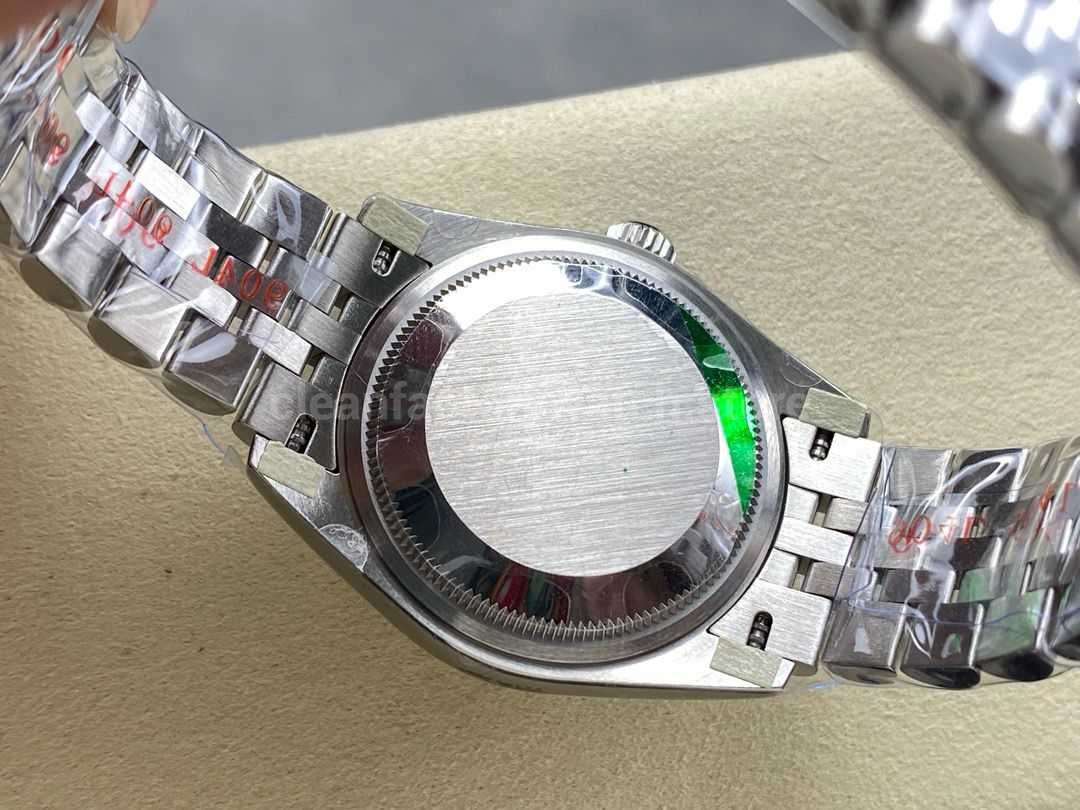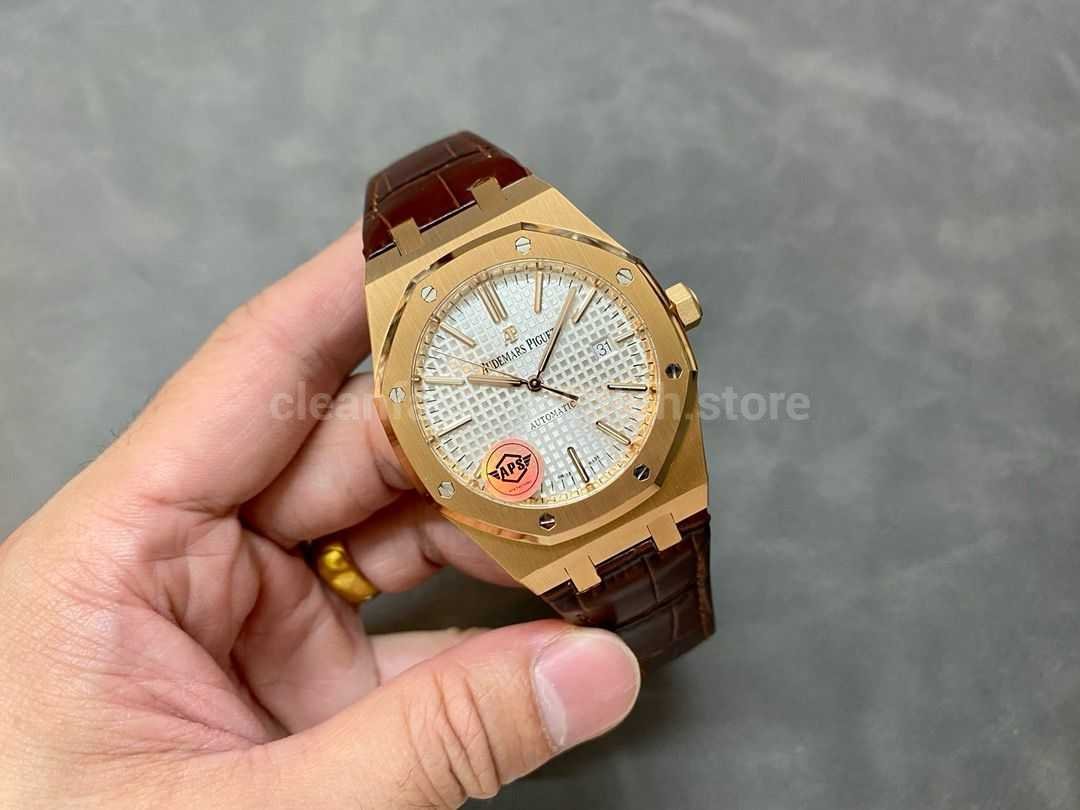Rolex
Richard Mille
Audemars Piguet
Patek Philippe
Bell & Ross
Blancpain
Roger Dubuis
Breguet
Breitling
Bvlgari
Tudor
Cartier
Chopard
Franck Muller
Hublot
Vacheron Constant
IWC
Jaeger-LeCoultre
Konstantin Chaykin
Longines
Omega
- Constellation
- De Ville Co-Axial
- Seamaster 300
- Seamaster Diver 300
- Seamaster Aqua Terra
- Seamaster Planet Ocean
- Seamaster Ultra Deep 6000M
- Seamaster Planet Ocean Chronograph
- Seamaster Diver 300M Co-Axial Chronometer Chronograph
- Speedmaster Racing
- Speedmaster Moonphase
- Speedmaster 50th Anniversary
- Speedmaster Professional Moonwatch
- Speedmaster Dark Side Of The Moon


